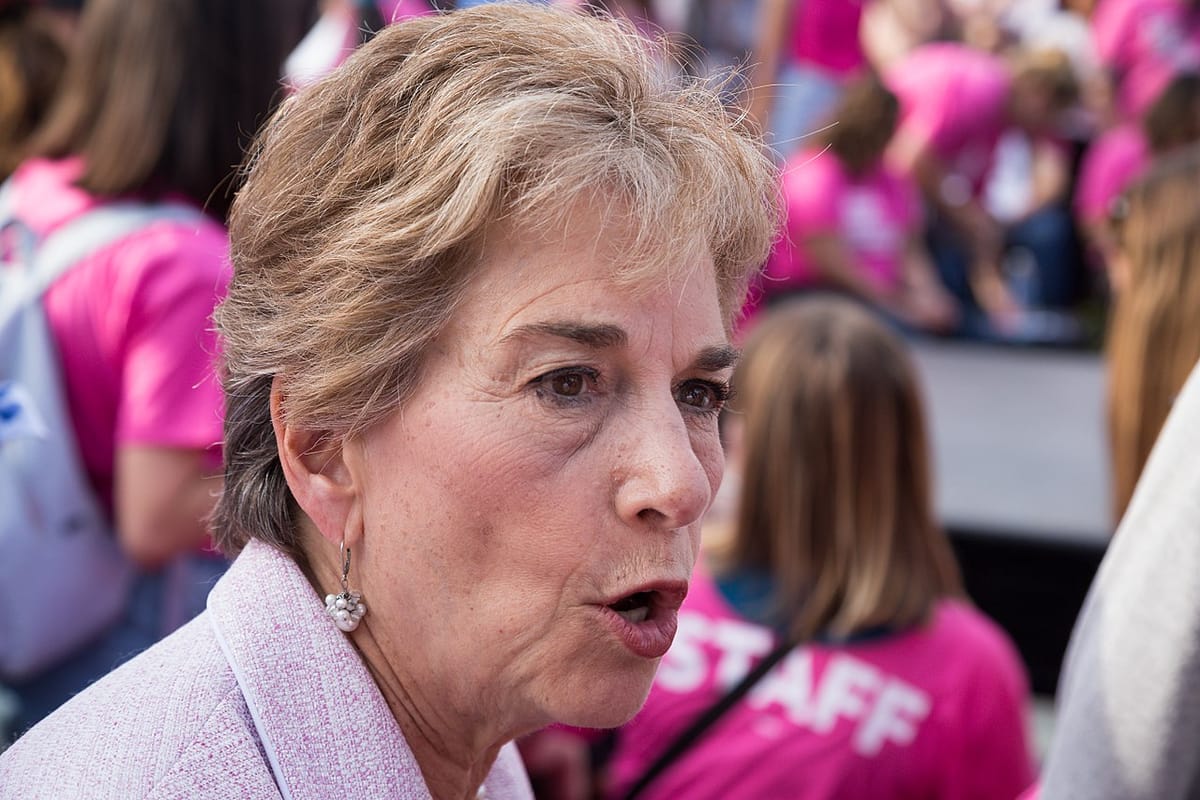Coronavirus Stimulus Omnibus Also Includes Consumer Protection Provisions, Elevating the Definition of ‘Broadband’
The House of Representatives passed an end of the year omnibus bill on Monday, which included six provisions from the Consumer Protection and Commerce Subcommittee. The legislation aims to help protect consumers from harmful products and COVID-19 scams. One of the provisions, the COVID-19 Consumer P
Jericho Casper

The House of Representatives passed an end of the year omnibus bill on Monday, which included six provisions from the Consumer Protection and Commerce Subcommittee. The legislation aims to help protect consumers from harmful products and COVID-19 scams.
One of the provisions, the COVID-19 Consumer Protection Act, grants authority to the Federal Trade Commission to seek civil penalties for unfair and deceptive practices associated with the treatment, cure, prevention, mitigation, or diagnosis of COVID–19. This legislation is critical, as the pandemic era has created a world of new opportunities for scammers to exploit unprecedented fear, stress, and financial strain.
Also included is the American Competitiveness Of a More Productive Emerging Tech Economy Act, introduced by Consumer Protection and Commerce Ranking Member Cathy McMorris Rodgers, R-Washington and Representative Bobby Rush, D-Illinois.
The act directs the Department of Commerce and the FTC to conduct studies and submit reports on emerging technologies, including artificial intelligence, the Internet of Things, quantum computing, unmanned delivery services, and more. The studies include requirements to survey each industry and report recommendations to help safely implement new technology.
“We were happy the House passed an overall omnibus today that included important bills out of our Committee,” wrote Consumer Protection and Commerce Subcommittee Chair Jan Schakowsky, D-Illinois, and Energy and Commerce Chairman Frank Pallone, D-New Jersey, in a joint statement. “We look forward to all of these important safety and consumer protection provisions becoming law.”
Fiber Broadband Association and NTCA petition FCC to raise broadband definition
In a joint letter to all five Federal Communications Commissioners, NTCA – The Rural Broadband Association and the Fiber Broadband Association proposed that the agency change its dated benchmark for “broadband” of 25 Megabits per second (Mbps) download and 3 Mbps upload.
“The COVID-19 pandemic has revealed just how essential high-performance and high-quality broadband is to participate in today’s society,” wrote Shirley Bloomfield, CEO of NTCA, and Gary Bolton, CEO of FBA. Yet the FCC “persists in positing that a fixed broadband benchmark of 25/3 Mbps – the same benchmark it has used for the last five years – is good enough.
“By any measure, this benchmark does not reflect what American consumers need today, let alone tomorrow,” they said.
The said that their members urged that the FCC adopt a gigabit symmetrical benchmark “as the national objective for broadband deployment and availability” and at the very least, “should at least raise the minimum broadband performance benchmark for the [next] broadband deployment report to 100/100 Mbps.”
“Today, broadband is fundamental to virtual learning, working from home, practicing telehealth, and so much more. The reality of the COVID-19 pandemic is that the typical household connects multiple users, using multiple devices at the same time, all requiring higher-performance connections. Most virtual activities require reliable broadband connections with robust downstream and upstream bandwidth and low latency for normal use.”
The letter highlights that Americans on the wrong side of the digital divide do not have access to these connections, which keeps them from engaging in these activities today. A recent study shows that consumers in the lowest 20 percent broadband performance tier are required to do in-home rationing of their broadband service 48.7 percent of the time, losing 11 hours per week of productivity, due to online time waiting.









Member discussion